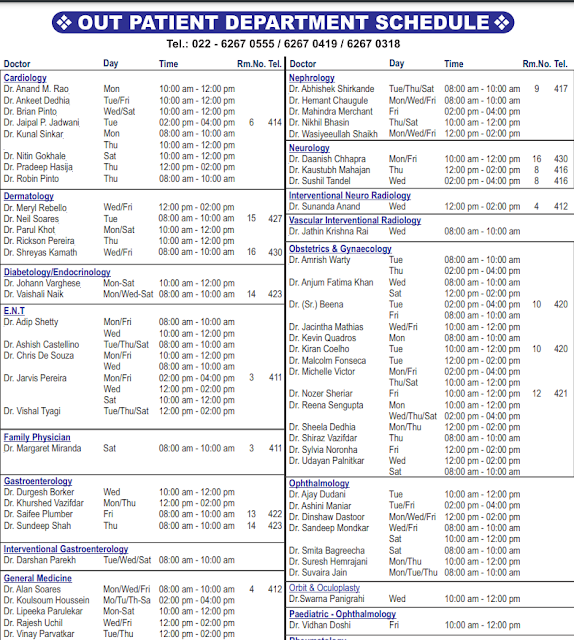covid herpes
"Herpesviruses..can remain latent in different tissues in the body and can cause various clinical symptoms that can sometimes manifest as opportunistic infections..
It is suspected that the viral replication and immunomodulatory mechanisms of the COVID-19 virus can trigger the reactivation of Herpesviruses..
Steroids and some immunomodulatory drugs can also play a role in this suspected mechanism..
Reactivation of CMV (Cytomegalovirus) or EBV (Epstein-Barr virus) caused systemic infection and that lead to critical outcome in most of the patients and was significantly associated with length of duration of stay in ICU, Invasive mechanical ventilation, D-dimer level, LDH level and decreased lymphocyte count..
almost 95% people infected with COVID-19 can be co-infected with other viral, bacterial or fungal infections..
CMV was the most common virus detected in this review.
The risk of CMV infection in COVID-19 is that it can increase the risk of developing metabolic and cardiovascular complications.
COVID-19 infection can induce the reactivation of latent CMV by M1 polarization of macrophages, disruption of peripheral blood T-cell differentiation.
Then this can decrease the number of naïve T cells which can ultimately lead to cytokine storm specially by increasing the level of IL-6 followed by morbid clinical outcomes in elderly patient.
Though systemic corticosteroid therapy can improve the condition of patients by modulating the dysregulated immune response caused by COVID-19, it increases the risk of secondary infections.
Herpes Zoster virus reactivation or co-infection was found to be associated with COVID-19 vaccinations and stem cell transplantation and though it causes mild diseases but rarely causes death.
increased level of blood lymphocytes are associated with CMV reactivation in older patients infected with COVID-19."
Fighting often damages oneself, as you know.
'Clinical features and outcomes of COVID-19 patients with concomitant herpesvirus co-infection or reactivation: A systematic review'
sciencedirect.com/science/articl…
